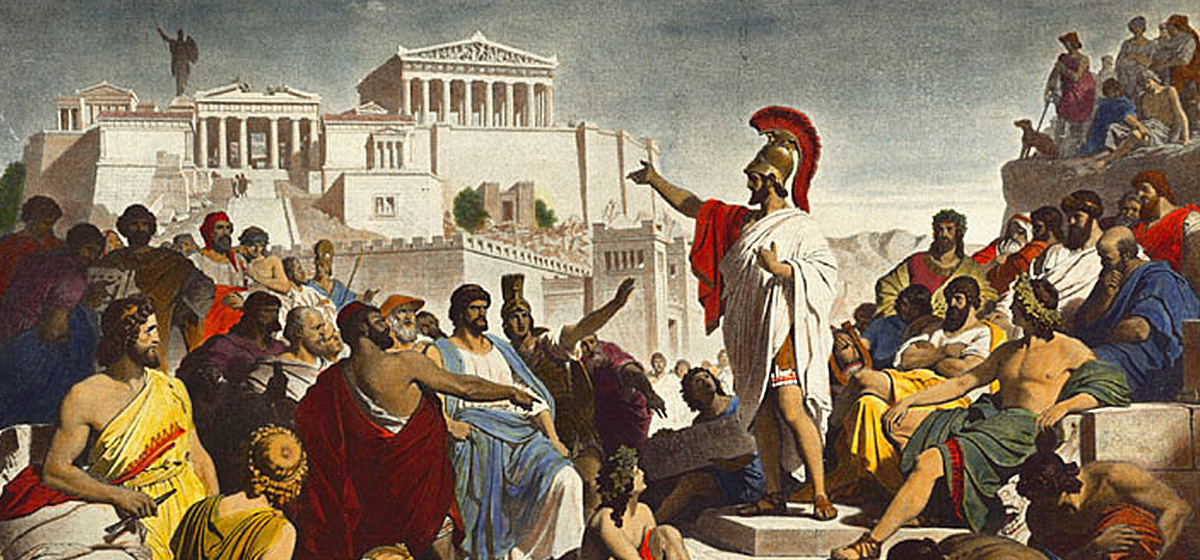Drinking Scotch and Talking Democracy

For readers who missed part 1 of this series of posts, I am summarizing a fictional novel written almost forty years ago.
One evening at the faculty club, with Grace Atkinson and Michael Solomon deep into The Macallan, the conversation turned to Grace’s evolving views of the American Constitution.
As noted earlier, Grace believed that, although the Constitution had been drafted by elites, the document had proven its worth over the years. “It’s like saying Shakespearean literature is no good because Will was a white male,” she told Solomon.
Grace had initially been infuriated by attacks on the supposedly “elitist” nature of the Constitution, but more recently she had begun to revise her opinion. “I honestly believe, Michael,” she said, waving her hand in the air for more whisky, “that if the founders had been exactly representative of the population of the colonies, the Constitution would have been written essentially in its existing form.”
“That population being made up of what?”
“I’m rounding here, but in 1790 the population was about 80 percent European white, 13 percent free blacks, and the balance Indians and Hispanics.”
“But surely, Grace, black founders would never have approved a Constitution that tolerated slavery.”
“And there, Michael Solomon, is just where you’re wrong. Of course black Americans would have hated slavery—but most of the white founders did, too. People like Franklin, Jay, Hamilton, were early and fervent Abolitionists.”
“May I remind you, Dr. Atkinson, that those were white people.”
“I seem to recall that being the case. But what those white people knew, and what black founders would have known, is that neither the American Revolution nor America itself could have happened if slavery had been abolished. The southern states wouldn’t have joined the Revolution, which would have doomed it, and they wouldn’t have joined the new nation, which would have doomed it, too.”
Grace continued. “The new American nation was fragile and weak, internally unstable, and was preyed on by the likes of England, France and Spain, all vastly more powerful nations.
“Beyond that, abolishing slavery in America would likely have been a pyrrhic victory. Why? Because America would have been defeated by European states that would have re-imposed slavery in order to exploit North America—exactly as they did in the Caribbean islands and in Latin America. Slavery might have continued in North America until the 1880s, as it did in the Spanish colonies in South America.”
“I don’t believe it for a second,” Michael said.
Grace continued, exactly as though Solomon hadn’t spoken, arguing that if Congress had been representative, laws would have been passed that would have converted slavery into indentured servitude, allowing slaves to earn their freedom. She pointed out that tens of thousands of Irish people came to America and the Caribbean under those terms.
“You’re dreaming, Grace. It’s a fantasy.”
“Mark my words, Dr. Solomon,” Grace replied, “if the Founders and Congress had been representative of the then-American population, the Civil War would never have happened.”
“Dream on, Grace,” Solomon said. “In any event, it’s all hypothetical because the founders and Congress weren’t representative. Even today, most elected bodies aren’t representative of our population.”
Grace opened her mouth to launch a rejoinder, but then froze.
“What?” said Solomon.
Grace seemed at first not to have heard him. Finally her eyes met Solomon’s and she smiled. “Michael, my dear, you’ve just given me an epiphany! I’d love to stay here and get drunk on this expensive scotch with you, but I’ve got to get home and write this down before I forget it.”
Over the next few months, Grace planted herself at the Harper Memorial Library (the predecessor of “The Reg”) and reviewed everything she could find on democracy, working her way from the present backwards. She was looking for examples of democracies that resulted in elective bodies that were actually representative of countries’ populations.
It was seriously discouraging work. Except in tiny, homogeneous countries, elected officials almost never reflected the racial or ethnic makeup of the population. And even in those small countries elected officials were overwhelmingly male.
But finally, late one evening, Grace found what she was looking for. As Grace knew, in roughly 500 B.C. the world’s oldest true democracy was formed in Athens. Obviously, voters in Athens weren’t representative of Athens’ population, since women couldn’t vote. (And, of course, there were many slaves.)
But what Grace had never focused on before was that public officials in Athens were chosen by lot. If officials were chosen by lot, rather than elected, then the resulting officials would be, by definition, representative of the population.
Grace’s eureka moment at the faculty club with Michael Solomon had been a simple but profound one: No matter how good a Constitution was, if it was drafted by elites not representative of the public, people would resist it and criticize it. By extension, no matter how well a government worked, if its public officials weren’t representative of the population, they would be resisted and criticized.
Democracies, Grace now believed, were really aristocracies-in-disguise. A true “democracy,” a true government-by-the-people (the literal meaning of democracy) could only happen if officials were chosen by lot.
Grace began to think about what a modified U.S. Constitution would look like if popular sovereignty were abolished and replaced by a system that chose officials by lot. And Grace meant all officials: town council members, mayors, county executives, state legislators, governors, Congress, the President.
Grace set down and wrote a position paper on the subject. She cited Athens, of course, and quoted Aristotle: “It is accepted as democratic when public offices are allocated by lot; and as oligarchic when they are filled by election.”
She quoted Herodotus: “The rule of the people has the fairest name of all, equality … The lot determines offices, power is held accountable, and deliberation is conducted in public.” And Plato: “Democracy arises after the poor are victorious over their adversaries…, and in this regime public offices are usually allocated by lot.”
Grace cited examples from Venice, Florence and Switzerland where selection by lot was employed effectively, and even pointed to the Amish, who select their community leaders by lot.
Wildly excited by her discovery, Grace sent her position paper to Dr. Michael Solomon. Who promptly burst her bubble.








